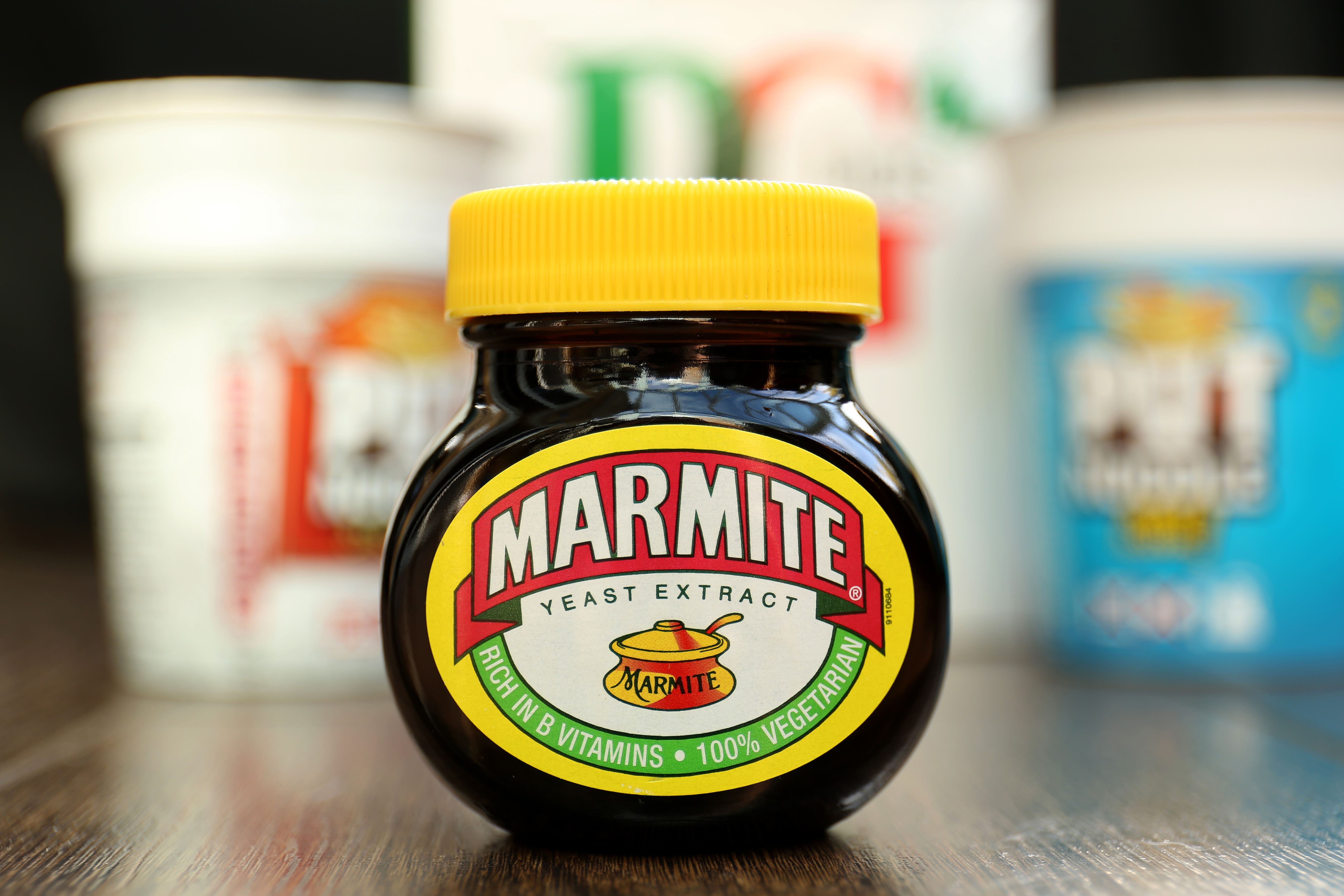Unilever and its peers think consumers will come back to their favourite brands. What if they don’t?
Expect price rises to continue on everything from Marmite to Magnums, writes James Moore


Unilever has been taking all sorts of flack from its shareholders in recent times. The outgoing Alan Jope has become something of a bogeyman for investors in the producer of everything from Marmite to Magnums, Dove to Domestos.
The attempt to pull off a mega-merger with GSK’s consumer health division – which now has a London listing of its own as Haleon – was widely panned. A bigger problem has been that of simple execution. Unilever’s margins have lagged those of its peers (Procter and Gamble, Nestle etc) and its share price has languished on the sale rail as a result.
This had drawn the attention of activist investors like Nelson Peltz, who acquired for himself a seat on the board. Peltz is a busy boy indeed. He’s also been badgering Disney.
A new CEO is coming in the form of Hein Schumacher, who’s been running one of the world’s biggest dairy co-operatives in his Dutch homeland. He started out at Unilever and already had a seat on the board prior to his appointment. He joined after the GSK debacle. He has the Peltz seal of approval, which is nice for him, and the City is hopeful that he can do what Jope could not: pep up performance.
His problem, however, is not just with shareholders, as last week’s numbers made clear. Unilever is all about brands. And brands are going out of fashion.
Not particularly quickly. The company reported an 11.3 per cent rise in sales, which was down to it pushing through price increases. Volumes – the actual number of products sold – declined by 2.1 per cent. So Unilever is selling fewer goods at higher prices. It is planning further such increases, although the pace of them is expected to slow.
It could be worse: one of its peers, Procter and Gamble, reported a 6 per cent decline in sales volumes in January. The grooming business (Gillette, Braun) was a particular struggle as was fabric and home care (Ariel, Tide and what have you). Full-year sales estimates were raised, however, because P&G is also planning price rises.
These companies are hoping that the consumer pushback will ease as the pace of their price rises eventually ease. It helps that their input costs (energy etc) are starting to decline.
But will it? Fast-moving consumer goods (FMCG) firms are very good at marketing and they have to be to persuade consumers to pay a premium for their produce over cheaper unbranded alternatives. Those alternatives are always there, however. Consumers have cut discretionary spending more aggressively than they have spending on essentials during the recent economic squall. But the figures from both these FMCGs giants suggest that they are starting to think hard about whether their favoured brands are really worth it.
The answer is very often no. In Britan, for example, supermarkets have seen sharp rises in sales of cheaper own-branded goods. Researcher Kantar said that in January own-label lines grew by 9.3 per cent, well ahead of branded alternatives that were up by just 1.0 per cent. Those are the figures for sales, not volumes.
The name on the bottle isn’t particularly relevant to a cleaning product. With food, there is the issue of taste and texture. But shall we consider Marmite, which some people are inexplicably addicted to?
Tesco’s own brand yeast extract comes in a smaller jar, 225 grams vs 250, although it’s similarly shaped with the same yellow lid. The difference comes in the price: for every 100 grams of Marmite consumers pay £1.20. For the Tesco alternative, the price is 87p, a saving of 27.5 per cent. Marmite enjoys almost cult-like status among its aficionados. It’s the iPhone of yeast extracts. But that level of premium might persuade some of them to give the alternative a whirl. It’s surprising what you can get used to.
Food price inflation is running at more than 16 per cent, again according to Kantar, but one’s personal inflation could be greatly reduced, if not nudged into negative territory, by waving goodbye to branded goods. Why fatten the pockets of shareholders in Unilever, P&G or Nestle?
The cost of living issues Britain is facing are somewhat less severe in other territories, many of which are fortunate enough to have governments that don’t live in quite such a deep vat of stupid. But inflation has been a worldwide problem and ditching logos could be a worldwide consumer solution.
Schumacher’s job is to get margins motoring. He and his fellow fast-moving consumer goods bosses fondly imagine that the consumer will eventually return to their welcoming arms, which will facilitate him doing that. Except that they may not.
Peltz’s endorsement certainly won’t last if Schumacher can’t tempt them. He mightn’t be the only boss of an FMCG firm to feel the heat, either. That includes those with the fancier margins he aspires to join.






Join our commenting forum
Join thought-provoking conversations, follow other Independent readers and see their replies
0Comments